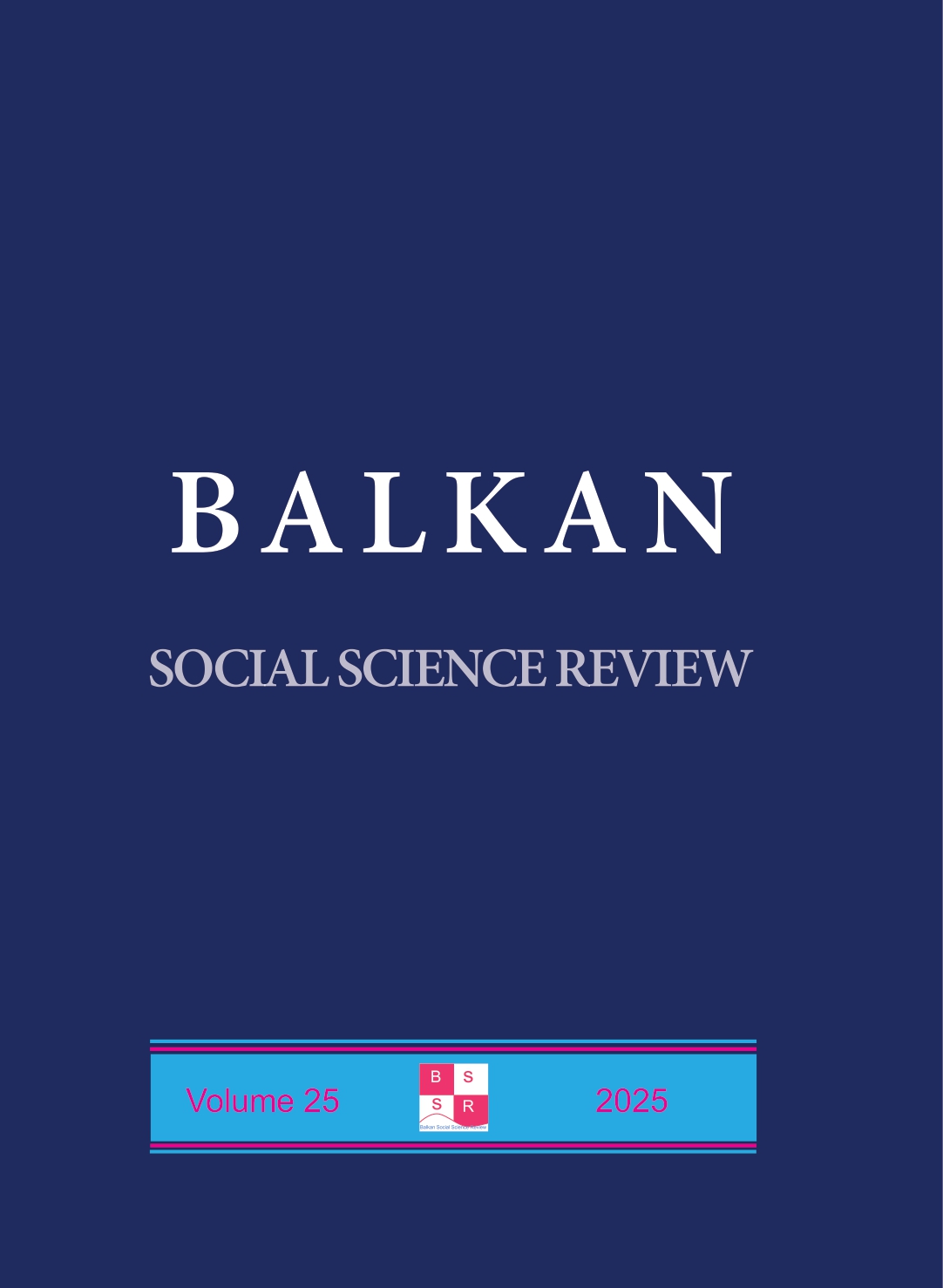CHALLENGES IN THE FIGHT AGAINST CORRUPTION IN THE EU INTEGRATION PROCESS – CASE STUDY: NORTH MACEDONIA, SERBIA AND MONTENEGRO
DOI:
https://doi.org/10.46763/BSSR252525157sAbstract
An effective fight against corruption is a condition for the rule of
law, building a state with functional institutions and respecting
human freedoms and rights. Achieving positive results is a
challenge for both developed democracies and countries in
transition.
The paper analyzes the normative and institutional frameworks for
fighting corruption in three countries from the Western Balkans,
North Macedonia, Serbia and Montenegro, as well as their
strategic documents for fighting corruption. Despite the results
achieved in the last few decades, the problems with corruption are
still complex, and in this direction the focus of this paper is
research into the reasons for such a situation as well as the
challenges for the future.
In the efforts for faster integration into the EU, the three countries
are implementing reforms with the aim of more effectively
fighting corruption, but there is one key factor for achieving this
goal, and that is the existence of political will to fight corruption.
This aspect is particularly emphasized in the paper because
without political will it is impossible to achieve visible successes
in the fight against corruption. The authors emphasize that the best
laws can be written, quality strategic documents can be adopted,
but if they are not implemented, it is as if they do not exist.
The paper pays special attention to the transition process in North
Macedonia as well as to the implementation of the current
National Strategy for the Prevention of Corruption and Conflict of
Interest. In addition, the authors present several proposals for
changes in the normative and institutional framework of North
Macedonia for the fight against corruption.
The methodological approach is a combination of several
methods, content analysis, comparative legal research, historical
and statistical methods.
Downloads
Downloads
Published
Issue
Section
License
Permissions
Authors are expected to obtain permission from copyright holders for reproducing any illustrations, tables, figures or lengthy quotations previously published elsewhere. BSSR will not be held accountable for any copyright infringement caused by the authors.
Copyright
The content offered in the BSSR remains the intellectual property of the authors and their publishers respectively. University “Goce Delcev”- Shtip, R. Macedonia and BSSR keap the right to promote and re-publish the texts.


